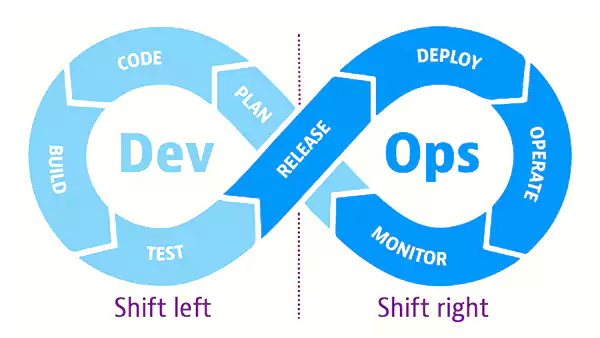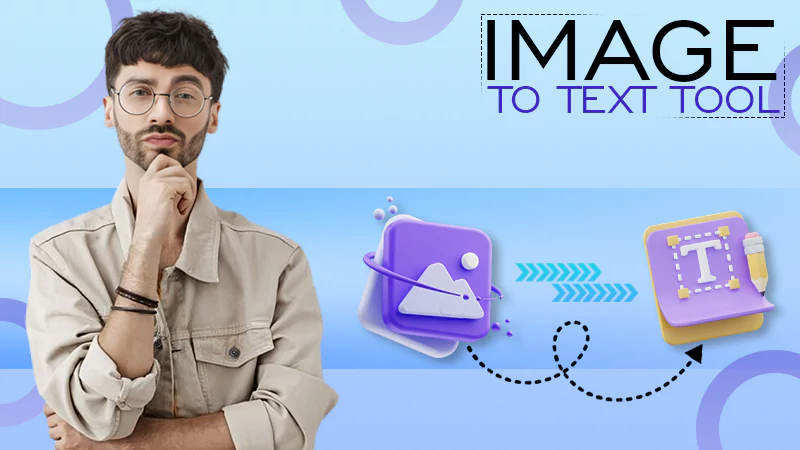Key Trends in Software Testing in 2023-2025

The software testing industry is where innovation takes on real meaning. Technology is evolving exponentially, and application performance and reliability have become vital to business.
Grand View Research forecasts that the global experimenting market will reach $60.5 billion by 2025. Considering the dynamic nature of the world today, what does the future hold for us? In the coming years, what trends will shape this sector?
Artificial Intelligence and Machine Learning

Using artificial intelligence and machine learning (AI/ML) to address software testing challenges is hardly new. However, recent developments in these areas offer new ways to use AI/ML in tests.
As predictive models become more accurate, it becomes easier for teams to decide which parts of the application to check in the future. Intelligent analytics will aid their work to detect errors and identify high-risk areas.
By applying artificial intelligence, testers can speed up the process, automate tests more efficiently, and detect bugs in the code.
Continuous Testing
In an era of rapid change and constant technological buildup, the need for ongoing software testing at every stage of development is becoming increasingly demanding. Hence the growing interest in continuous examining- a method that transforms the testing process from a point-in-time activity into an integral part of the application building lifecycle.
Continuous testing is part of the DevOps methodology, emphasizing inextricable cooperation between development and operations teams. This approach incorporates testing automatically at every stage of the procedure. As such, it includes the design phase from coding to deployment and maintenance.
There are heaps of benefits in implementing this approach:
● faster error detection and repair,
● reduced software delivery time,
● increased process efficiency.
A Capgemini report shows that 15% of companies worldwide are fully implementing continuous testing, and this percentage is expected to grow steadily.
DevOps and Shift Right Testing

(Alt: DevOps and Shift right testing)
Our previous headline touched on the DevOps methodology. Even though this trend has been around for several years, its growth will accelerate in the future. In a nutshell, this concept has revolutionized the way software is developed.
It is about the inextricable collaboration between development and operations teams. The outlined methodology reduces rigid boundaries between groups, enabling a smooth flow of information and faster response to challenges. This reduces the time to bring an application to market.
In this context, Shift Right Testing is an approach that complements them by moving software examination closer to production. These advocates perform exams during application building instead of as a pre-implementation step. As a result, bugs are found and fixed early, and the application in the production environment is monitored continuously.
According to the 2019 “State of DevOps” report, companies with the highest level of their maturity can deploy code up to 208 times faster than their competitors!
IoT and Big Data Software Testing
Based on a network of interconnected devices, IoT technology generates massive amounts of data. For this reason, it is essential to test both the devices’ functionality and their communication.
As part of these tests, devices are evaluated for performance under various network conditions and security to prevent privacy breaches and DDoS attacks.
The testing of it and Big Data requires specialized knowledge and tools. According to a MarketsandMarkets report, its market is expected to reach $13.5 billion by 2026.
As the IoT and Big Data market grow, so does systems complexity. There is, therefore, an expected increase in demand for test specialists in these fields.
Exploratory Testing

The exploratory examination has experienced a surge in popularity in recent years. In the hands of experienced specialists, it becomes a powerful weapon for preventing errors when combined with traditional tests.
Exploratory testing also comes with several advantages:
● Quick feedback: By using it, you get immediate feedback on the application quality, making it easier to identify improvement opportunities.
● Limited documentation: It entails minimal documentation, which speeds up the process and reduces costs.
● Flexibility: It is highly flexible, and its adaptive nature allows for the detection of bugs missed in traditional testing.
● Cost: It is cheaper than traditional techniques, so you can save on your project budget without sacrificing quality.
No matter what the specifics of your project are, you should consider incorporating exploratory testing as a component of your strategy to reap its undeniable benefits.
Why is Software Testing Important?
Several reasons are associated with companies opting for technologies to do software testing. Let’s have a look at some of them.
- Analyzes Errors – While creating complex applications there are always chances to make errors. But to identify and rectify them in the beginning, software testing is done. This process diagnoses even the smallest possible flaw in the code.
- Enhance Product Quality – The quality of a product is only decided when it’s tested. Software testing helps in improving the overall quality of the application by identifying lapses.
- Money Saving – Spotting a bug on a small-scale production is better than finding it out after disseminating it on a large scale. Early tests can help developers fix the errors in the beginning.
- Consumer Satisfaction – Every buyer wants to go for a product or service that is tested and approved. Initial software testing provides visibility to the consumer and boosts the level of satisfaction and trust among them.
- Safety Vulnerability – Cyber attacks today are so common and insecure applications can be an invitation for hackers and spammers. Software testing assists in detecting the susceptibility and gives a chance to developers to improvise it.
Are You Seeking a Technology Partner to Test Your Software Utilizing the Latest Trends?
If you are seeking a technology partner for whom testing software is their daily business – get in touch with the experts at Solwit.
Solwit’s team comprises 100 certified testers at the Foundation and Advanced levels, and the ISTQB Platinum Partnership confirms our competence.
We have successfully delivered many projects requiring choosing the right tests and tools or creating them from scratch. We would be happy to guide you through. Set up an appointment for a free consultation!
Level Up Your Online Presence: How iTop Screen…
Vidnoz AI Review: How to Convert Text to…
HitPaw Online Video Enhancer Review and Its Best…
Top 7 Background Removers Online in 2024
How to Retrieve Google Backup Photos?
How Does The Image-To-Text Tool Work?
SwifDoo PDF Review 2024: A Comprehensive Look
The Real Benefits of DevOps Training for Aspiring…
Capturing Serenity: Elevating Yoga Pose Photos with CapCut’s…
Single CPU Server vs Dual CPU Server: What’s…
Boost Your Productivity with a Desktop-Docked Search Utility…












